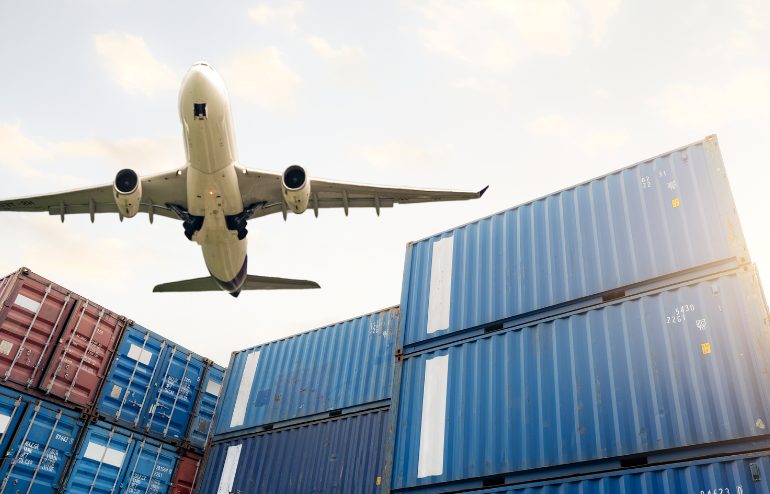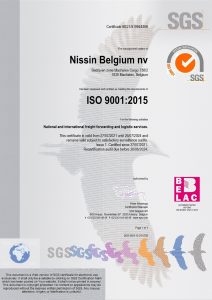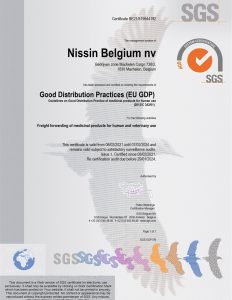Future Trends in Air Shipping: Technology and Sustainability
Air shipping is evolving at a quick pace, driven by technological advancements and a growing emphasis on sustainability. As global trade continues to expand, the air freight industry plays a pivotal role in ensuring the efficient movement of goods across borders. Taking the lead in this transformative landscape is Nissin Belgium, a firm believer in driving innovation and progress in the industry.
In this blog, we will explore the future trends in air shipping, focusing on the linking concepts of technology and sustainability.
How Does Air Shipping Work?
Air shipping, also known as air freight, is the process of transporting cargo using aircraft. This method is favored for its speed, reliability, and ability to connect distant locations worldwide. Here’s a brief overview of the process:
Packaging
Freight Forwarding
Airline Booking
Customs Clearance
Air Transport
Destination Handling
Technological Advancements in Air Shipping
Digitalization and Automation: The seamless integration of digital technologies like IoT sensors and Radio-frequency Identification (RFID) tags has revolutionized cargo monitoring. Real-time data collection ensures optimal temperature control and heightened security. Additionally, automation has streamlined numerous processes, substantially reducing errors and boosting overall efficiency.
Drone Deliveries: The skies are abuzz with the promise of drone deliveries, particularly for last-mile distribution. Drones offer a swift, environmentally friendly solution for transporting smaller packages, especially to remote or challenging-to-access areas.
Blockchain’s Transparent Trail: The adoption of blockchain technology in the air freight industry introduces a new era of transparency and traceability. By creating an immutable ledger of transactions, blockchain curbs fraud and guarantees the authenticity of crucial documents.
Predictive Analytics: Advanced data analytics are driving the industry forward with predictive maintenance strategies. This data-driven approach optimizes aircraft performance, mitigates downtime, and ensures timely deliveries.
Navigating Towards Sustainable Skies
Alternative Fuels: A significant stride towards sustainability involves the exploration of alternative fuels such as biofuels and hydrogen. These eco-friendly options hold the potential to substantially reduce the carbon footprint associated with air shipping.
Innovative Aircraft Design: Aircraft manufacturers are embracing sustainability through the design of fuel-efficient planes. These marvels of engineering boast improved aerodynamics and employ lightweight materials to enhance fuel efficiency and minimize emissions per unit of cargo.
Carbon Offsetting Initiatives: Airlines and shippers are taking responsibility for their emissions by investing in carbon offset projects. These projects actively counterbalance carbon emissions by supporting endeavors that capture or reduce carbon dioxide in the atmosphere.
Efficient Route Planning: The adoption of advanced route optimization algorithms is playing a pivotal role in curbing fuel consumption. These algorithms meticulously calculate and select optimal flight paths, resulting in reduced energy consumption.
Explore the Future with Nissin Belgium
As we look into the future of air shipping, it’s evident that technology and sustainability will lead the way. The industry’s dynamic nature, coupled with these transformative trends, promises a future where air shipping is not only efficient but also environmentally conscious. The journey towards a sustainable and more innovative air freight industry is well underway, and each step taken brings us closer to a world where global trade thrives harmoniously with the planet.
With a commitment to cutting-edge technology and sustainable practices, Nissin Belgium is your partner in navigating the evolving landscape of air freight. Explore our innovative solutions and be part of the revolution in air shipping!






